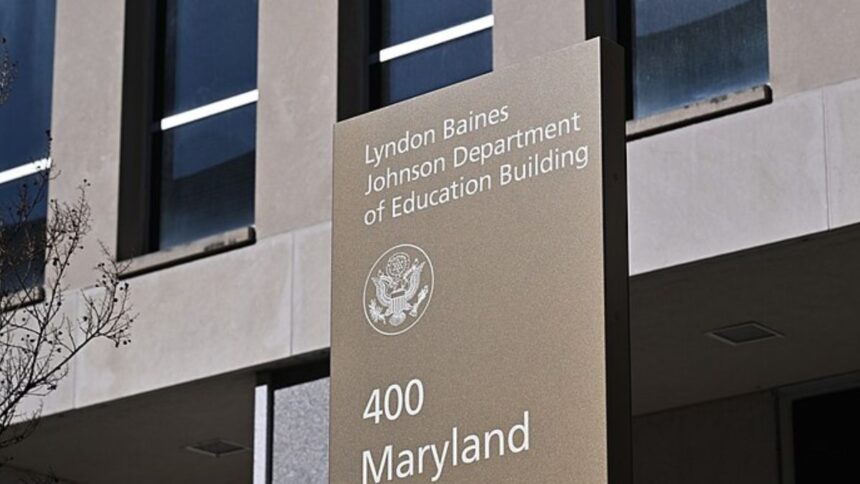The Trump administration’s Department of Education is taking a firm stance against race-based decisions in education. The department has made it clear that any form of discrimination based on race, including hiring practices, admissions criteria, and scholarship allocation, is unlawful. Institutions that fail to comply with these antidiscrimination requirements risk losing federal funding.
Craig Trainor, the acting assistant secretary for Civil Rights at the Department of Education, emphasized that the new policy is straightforward: any school that treats individuals differently based on their race is in violation of the law. Trainor’s recent Dear Colleague letter outlines the department’s commitment to enforcing equal treatment in all aspects of education, from admissions to graduation ceremonies.
In light of the Supreme Court’s ruling in the Students for Fair Admissions v. Harvard case, which deemed the use of racial preferences in college admissions unlawful, the Department of Education is implementing measures to ensure compliance with Title VI regulations. Title VI, established in 1964, prohibits racial discrimination in federally-funded programs.
The department’s crackdown on race-based practices extends beyond admissions decisions to encompass all facets of student life, including hiring, financial aid, and campus activities. Trainor’s letter serves as a wake-up call to educational institutions that have embraced discriminatory policies under the guise of “diversity, equity, and inclusion.”
Adam Kissel, a visiting fellow at The Heritage Foundation, commended the department’s efforts to eliminate racial discrimination in education. He emphasized the need for clear guidance on Title VI regulations to prevent loopholes and ensure compliance with the law.
Overall, the Department of Education’s stance on race-based decisions marks a significant shift in education policy. By upholding the principles of equality and nondiscrimination, the Trump administration is sending a clear message that racial preferences have no place in the educational landscape.








